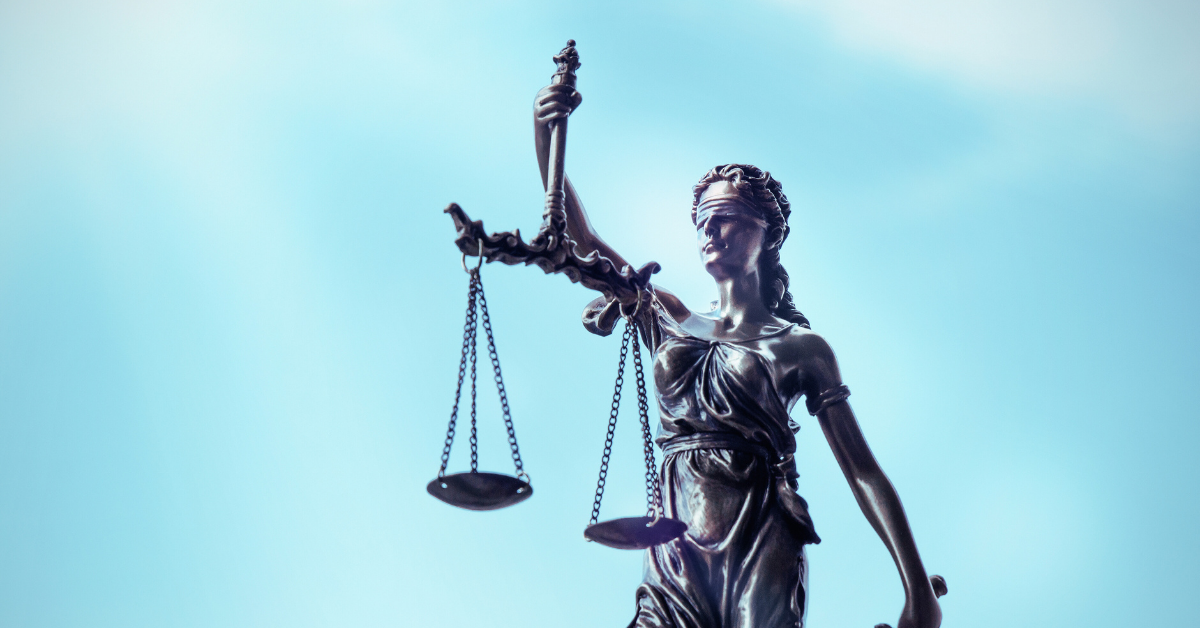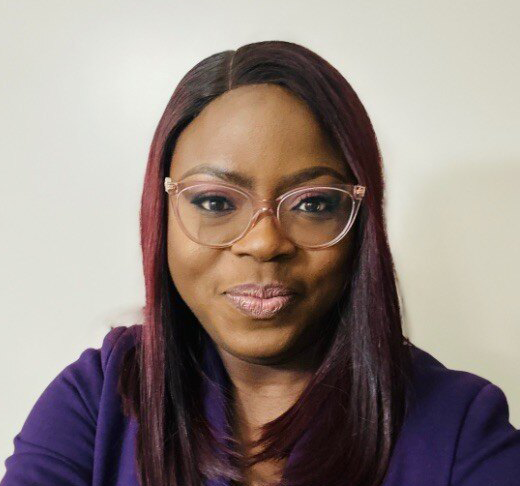Money is a political tool. Or is it politics that is a tool of financial industry? The interdependence of the two concepts often makes us question what actually came first – money or the principles of governance among which money rotate. For this particular reason, it is very important to consider political risks while managing business abroad.
As human beings have developed self-defence mechanisms that help them make safe choices, businesses must also protect themselves during expected (and not so expected) times of political challenges. To ensure successful operation overseas, business managers should take time to understand potential and plan for risks.
What exactly is a political risk for business?
International political risks for businesses are first and foremost economic threats caused by events like terrorism, war, sanctions, and other disagreements between heads of two or more states.
In other words, it is a risk of losing money due to unstable governments, economies or threatened nations.
This concept looks covers a broad spectrum of diverse problems. Some of the risks that international politics poses to businesses are ongoing, others only happen under the pressure of certain events and occur on an occasional basis.
Whatever the situation is, almost all political events entail two major consequences for international business players. These consequences are currency fluctuations and tightened/weakened international trade laws.
How to identify potential political risks
Identification is the first step to successfully managing consequences of any political climate change.
The easiest thing you can do as a business owner is to get a set of easy and helpful habits.
Read the news! Despite the biased and conflict-oriented nature of modern media, it is still a valuable source of information that can help you determine potential risks for your business. In a situation of a worrisome event or political conflict occurring in the zone of your business operation, you will be able to start taking preventive measures before it escalates.
Analyze carefully! Not all political events are potentially harmful to your business. The truth is, not even 50% of them are. Some events would have a serious social effect but only a few minor business implications. In order to filter out the meaningful events – from the perspective of your business – determine actors and conditions that could affect your priority goals. Create an inventory of a wide range of political risk types. From capital controls to increased taxation, labor strikes and protests, which could impact your company.
Political risks can be divided into macro and micro risks. While micro risks impact certain industries and are relatively easy to prepare for, macro risks can become a real trouble for an international business. At the same time, they normally result from series of political events and can be detected in advance. Macro risks include events such as a civil war or a major international confrontation between two or more governments. These typically exist where a country is forced to close borders or run into a huge devaluation of its currency.
Work with numbers and stats! In order to categorize an event as a risk, measure the vulnerability of your assets against it. The more assets you will find to be vulnerable under a certain political threat, the more invested and prepared you should be to balance out its negative consequences or to completely pull your investment out of the politically unstable area.
How to mitigate political risks in business?
There is no universal solution to situations when political risks start interfering with your business plans. Risk management in general is a very sensitive and complex concept that requires a unique approach in every single case. However, there exist principle rules of action for those involved in international business.
Following these rules helps mitigate political risks of almost any nature.
1. Insure your business.
Political risk insurance protects investors, financial institutions and international companies in case of events promoting financial loss. Such as acts of expropriation, domestic or international political unrest and violence (including war and terrorism), capital repatriation, and sovereign debt default.
Insurance as a tool of political risk mitigation is particularly important for those businesses that operate within developing economies. Although these areas offer a lot of opportunities for business growth, they are more susceptible to political turbulence.
As a business or a supply chain manager, you might have a long-term agenda which takes years to be realized within a certain foreign market. With fully customized insurance that covers your interests on chosen territories for a defined period of time, you can enter new markets with much more confidence. The cost of this method of political risk management is totally worth it.
2. Have a plan B for your supply chain.
Any business operating in foreign markets should protect their supply chain and logistics operations from political risk. Political events often affect operations performed by your business suppliers. Such interruptions include increased tariffs, trade bans, and delays in delivery. In order to protect your business from these types of unforeseen disruptions always have a plan B – have a list of backup suppliers located in other regions. By building relationships with multiple vendors of the same product, you ensure your companies stability in terms of production schedule and budget.
3. Practice politically savvy banking.
An important method of mitigating political risk and avoiding financial loss is politically savvy banking. In the recent years, the world has been nervously observing how the U.S. dollar is becoming more and more reactive to international political events. As the global reserve currency is becoming slightly more unstable, it could be time for international businesses to update their strategies in moving funds around the globe.
One option is to keep money in a bank with branches in the region where you conduct foreign business operations. Another option is an institution that is partnered with a local commercial bank. In many cases, financial operations conducted within one banking system allow better conversion and transfer rates.
Alternatively, while choosing the right regional bank, go for the one that can manage ForEx trading and conversions for you. Finding the right way of moving your money is an important task that requires some thorough research. Your findings may contradict your routine banking strategies, but they could also save you from a huge loss during a time of political crisis.
In order to successfully mitigate a certain political risk, your methods must be tailored to the nature of your business, the nature of the risk, and specifics of your market.
Hence, the last rule:
4. Get advice from locals
Never limit your perspective by avoiding consultation with those players that have experience and knowledge within the region.
Ask questions and learn what works and what doesn’t in a given area. Here we are talking about other businesses and professional trade organizations that spend a huge amount of time and money on research. Before taking radical measures, consider working with institutions like The Finance, Credit & International Business Association, Globe Risk International, Multilateral Investment Guarantee Agency, and Export Development Canada.
An ongoing war in Syria, uncertain Brexit situation, conflicts in the Middle East, rapid Chinese economic development, a growing trend towards economic nationalism – these and many other events promote political uncertainty and instability and they cannot be neglected if you are engaged in international business. Monitoring these events and planning ahead is the best thing you can do to mitigate the political risks of conducting business abroad.








Without a solid Continuity Plan For Business, even small interruptions can spiral into major setbacks. Planning ahead means having structured recovery processes in place, allowing organizations to stay competitive even when conditions are uncertain